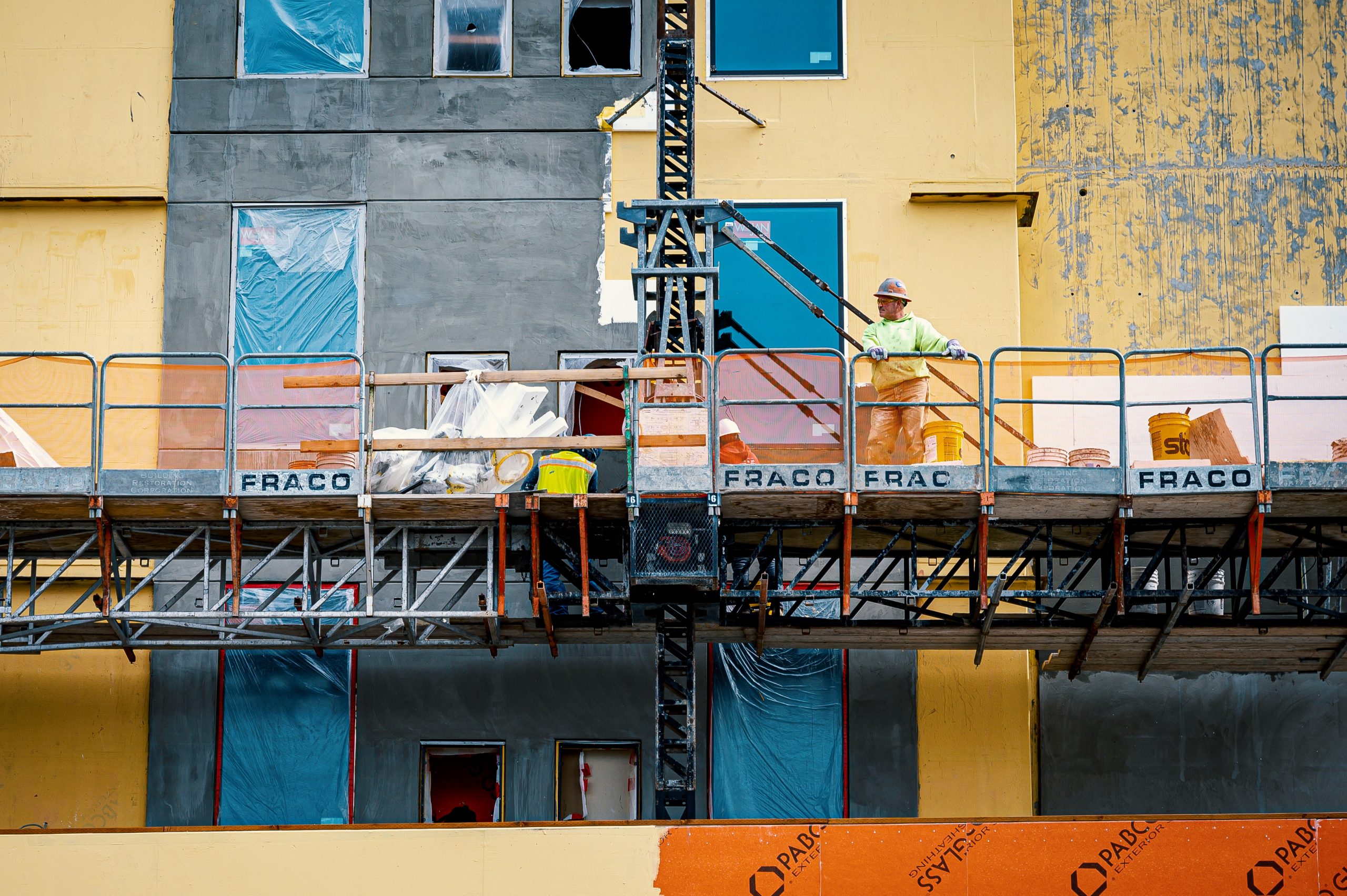A review of data showed health care workers and first responders accounted for a bulk of COVID-related claims.
To date, around 80% of these claims were under $10,000. However, a few notable incidents resulted in very large claims, with $630,000 being the highest, NCCI reported.
In 2019, the workers’ compensation residual market was flashing positive signs, as combined ratios neared break-even territory and market share reached 7% after five years of declines, according to the National Council on Compensation Insurance (NCCI). As we know, the year that followed offered much turmoil and unpredictability.
While a view of COVID-19′s full impact will be partially obstructed as the consequences seen and unseen continue to emerge, NCCI did note the workers’ comp residual market is showing stability. More than 85% of policies have premiums of $5,000 or less, with around three-quarters ranging from $0-$2,400. This is in line with results from previous years.
Further, the construction industry, which accounts for 40% of all residual market policy premiums, wasn’t as burdened by the pandemic as other industries as demand for new housing and remodeling grew. However, the pandemic’s impact on premium audits and policy premium collections is not in full view yet, NCCI noted.
Also, needing more monitoring is the fall out on small businesses, which saw increased closing during the past year, to better assess future pricing and reserve needs, according to the council.
What is known from 2020
A review of data from NCCI-managed residual market pools showed health care, frontline workers and first responders accounted for the bulk of COVID-19-related worker’s comp claims.
To date, around 80% of these claims were under $10,000. However, a few notable incidents resulted in very large claims, with $630,000 being the highest, NCCI reported. Overall, COVID-related claims accounted for approximately 2.2% of all residual market claims and just 1.1% of total incurred losses.
Further, around half of reported COVID claims were associated with a few residual market policies, according to NCCI, which noted about one-third of its managed pool states reported no pandemic-related claims.




